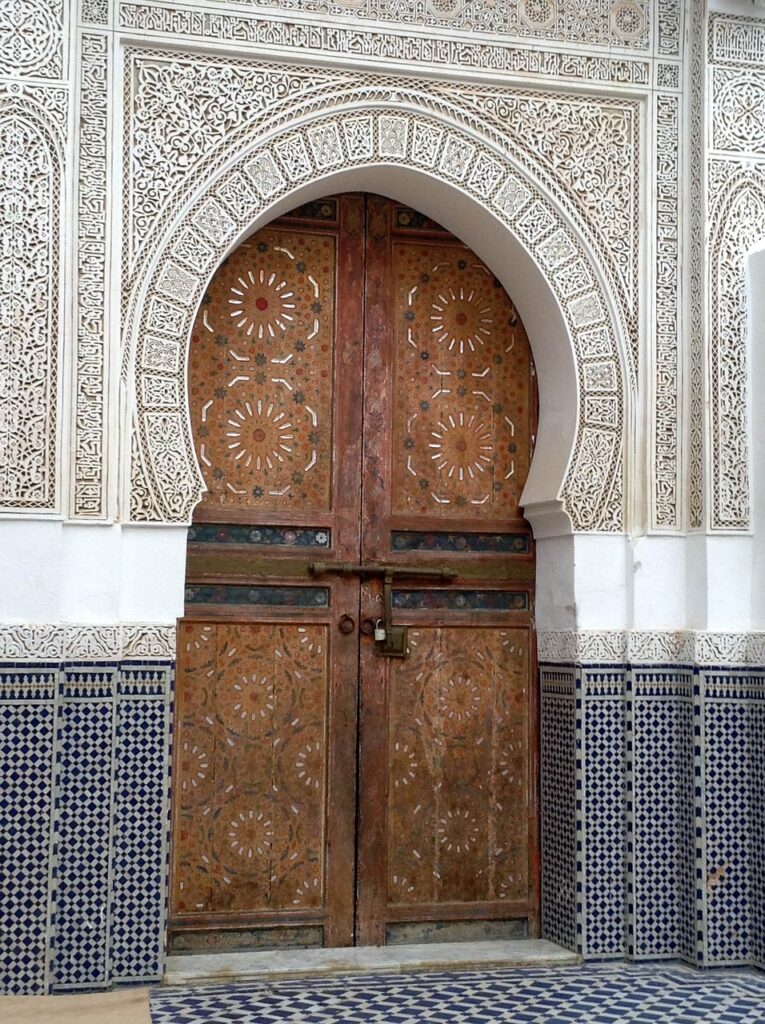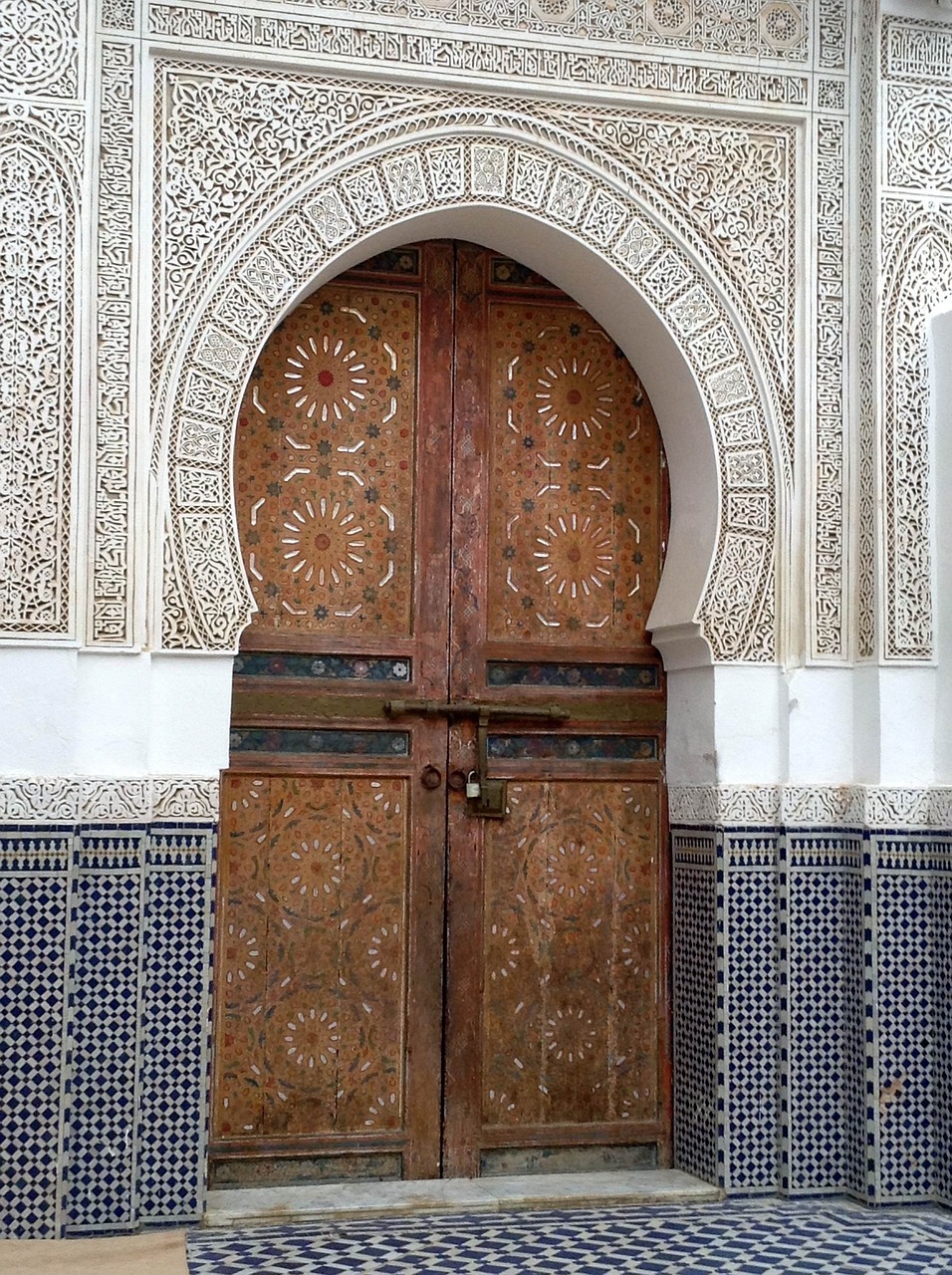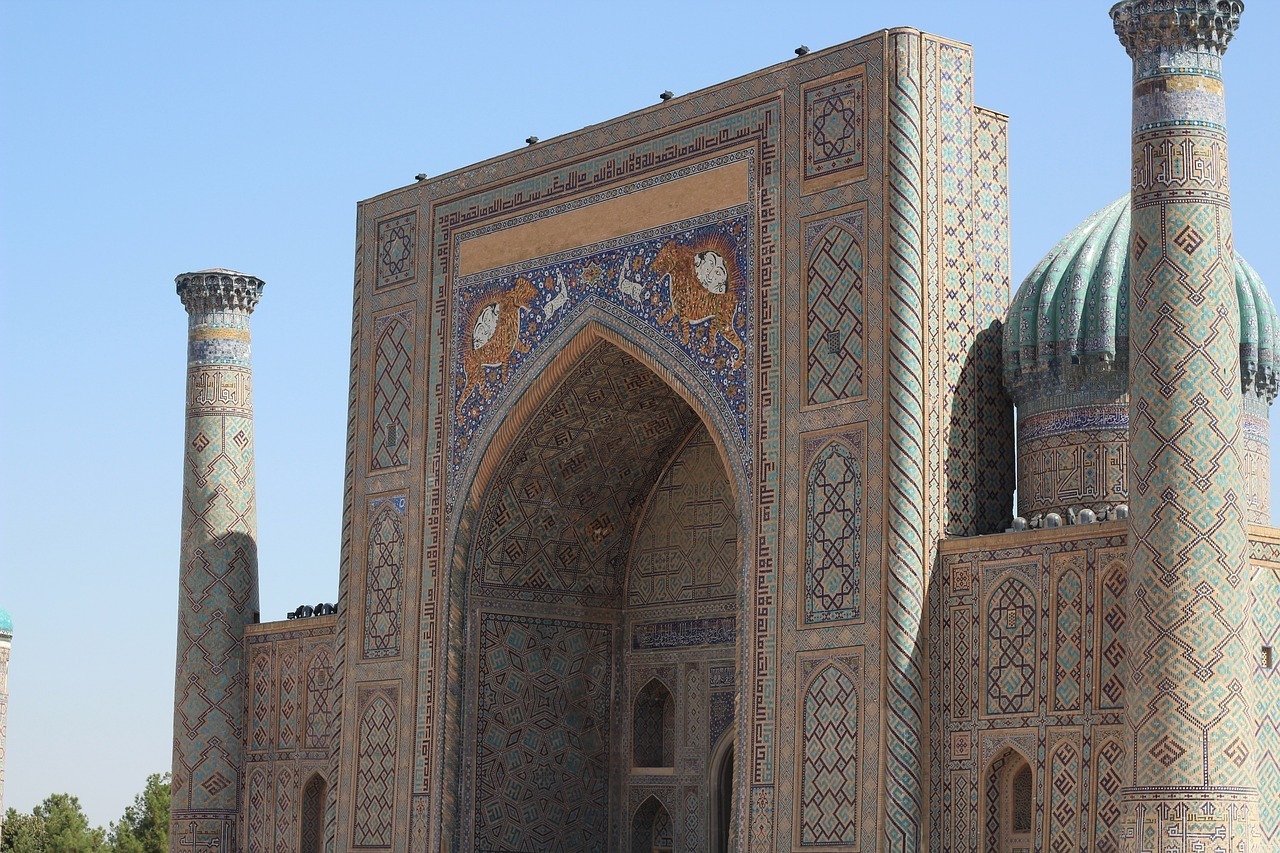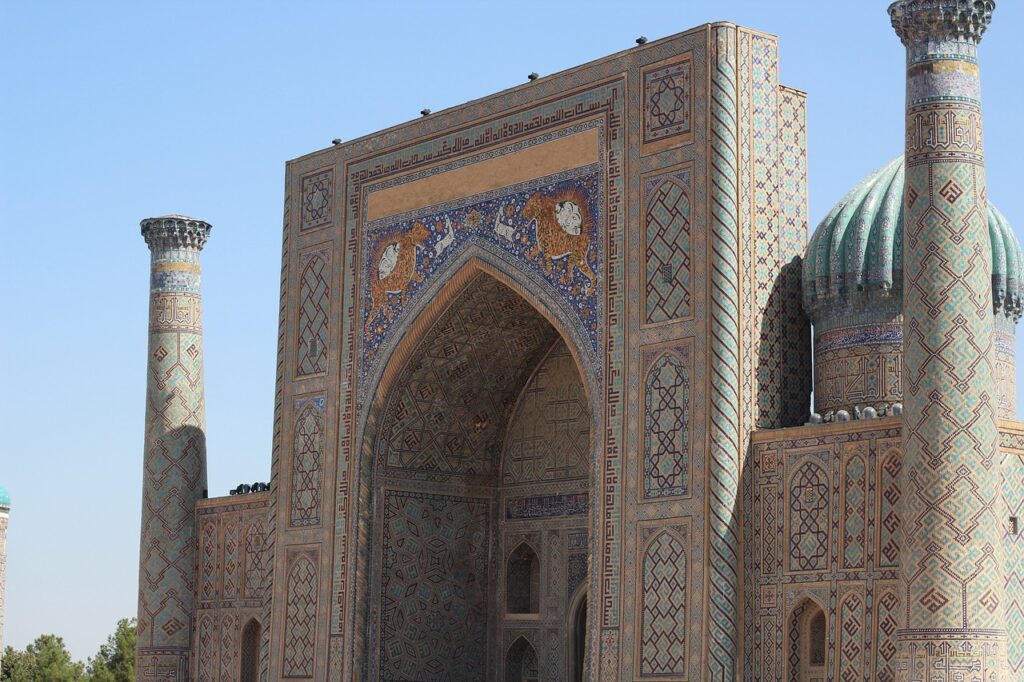How to Study the Maliki School of Thought?
How to Study the Maliki School of Thought?

Introduction
Among the rich and diverse foundations of Islamic jurisprudence, the Maliki school stands out as one of the four main schools of thought. Each school provides a unique interpretation of Sharia, and in this article, we’ll delve into the history, principles, and influence of the Maliki madhab.
1. What is the Maliki School of Thought?
The Maliki school, founded by Imam Malik ibn Anas (711–795 CE), is renowned for its emphasis on the practice (‘Amal) of the people of Medina as a primary source of Islamic law, alongside the Qur’an and Hadith. It is prevalent in regions like North and West Africa, parts of the Arabian Peninsula, and other areas influenced by its rich legal tradition.
Book your free trial lesson
Don’t want to go through the translation anymore?
30 free minutes with your qualified Egyptian teacher.
2. Why Study the Maliki School?
Understanding the Maliki school offers:
- Deep Insight into Islamic Jurisprudence: Learn about a balanced approach to Shariah that emphasizes community customs and consensus.
- Global Applicability: Recognize its relevance in modern contexts, especially in regions following the Maliki tradition.
- Connection to History: Appreciate how Medina’s practice shaped Islamic law.
3. Steps to Start Studying the Maliki School
Here’s how you can embark on a structured journey to study the Maliki school:
Step 1: Learn the Basics of Fiqh (Islamic Jurisprudence)
Begin by understanding the foundational concepts of Islamic law:
- Definitions of Fiqh and its role in daily life.
- Overview of the primary and secondary sources of Islamic jurisprudence.
Platforms like Al-Dirassa Institute offer beginner-level online courses that introduce students to Fiqh in an engaging and flexible format.
Step 2: Study Imam Malik’s Muwatta
The Muwatta is one of the earliest compilations of Hadith and Islamic law:
- Focus on the structure of the Muwatta, combining Hadith with jurisprudential rulings.
- Study commentary from renowned Maliki scholars to deepen your understanding.
Step 3: Dive into Core Maliki Texts
Some foundational texts in the Maliki tradition include:
- Mukhtasar Khalil: A concise summary of Maliki jurisprudence.
- Al-Risala by Ibn Abi Zayd Al-Qayrawani: Ideal for beginners, covering essential rulings.
- Commentaries on Muwatta and other classical works.
Step 4: Enroll in Specialized Courses
Structured learning accelerates understanding. Consider enrolling in Al-Dirassa Institute’s specialized Fiqh programs that cover:
- Principles of Maliki jurisprudence.
- Application of Fiqh in contemporary contexts.
4. Best Online Resources to Study the Maliki School
Studying the Maliki school has become more accessible thanks to modern resources:
- Online Classes: Platforms like Al-Dirassa Institute offer flexible schedules and courses tailored to different levels.
- YouTube Lectures: Many scholars provide free lectures on Maliki Fiqh.
- E-Books and PDF Resources: Search for translated Maliki texts or commentary online.
5. How Long Does It Take to Master Maliki Fiqh?
Mastering Maliki Fiqh depends on your commitment and resources. With consistent study and mentorship:
- Beginners can gain basic knowledge in 6-12 months.
- Advanced learners might take 3-5 years to achieve proficiency.
Platforms like Al-Dirassa Institute provide step-by-step programs designed to help students progress systematically.
6. Challenges When Studying the Maliki School
- Language Barrier: Many classical texts are in Arabic. Learning Arabic through courses like Al-Dirassa Institute’s Arabic programs can be invaluable.
- Lack of Mentors: Online platforms bridge the gap, connecting students to expert instructors.
- Access to Authentic Texts: Digital libraries and reputable institutions ensure access to authentic materials.
7. Tips for Studying the Maliki School Effectively
- Set Clear Goals: Define what you want to achieve, whether it’s foundational knowledge or advanced scholarship.
- Create a Study Plan: Dedicate specific times for study, focusing on one topic at a time.
- Seek Guidance: Join discussion groups or enroll in courses for mentorship.
- Practice Consistency: Regular study, even in small amounts, yields better results.
8. Explore Maliki Fiqh Through Al-Dirassa Institute
For students seeking flexible, well-structured courses, Al-Dirassa Institute offers:
- Tailored courses on Islamic jurisprudence, including Maliki Fiqh.
- Qualified instructors with expertise in the Maliki tradition.
- Online Arabic language classes to aid comprehension of classical texts.
By combining traditional learning with modern technology, Al-Dirassa Institute ensures students receive a holistic Islamic education.
Studying the Maliki school is a rewarding endeavor that enriches one’s understanding of Islamic law and ethics. By following a structured approach, utilizing classical texts, and leveraging modern platforms like Al-Dirassa Institute, students can delve into this profound tradition with confidence. Embark on this journey today to connect with centuries of scholarship and deepen your understanding of Islam.
To Know More: Madhab: Understanding Sunni Islam’s Jurisprudence Schools
Chosen and Trusted by Thousands of Satisfied Learners
Discover the experiences of our delighted clients who have thoroughly enjoyed utilizing this standout feature.
Alhamdulillah I‘m very pleased with the arabic and Qur’an lessons I receive from teacher Umm Tasneem and I‘m also content with the al-dirassa administration team who were very quick in answering any questions I had. In a month I progressed a lot and I cannot wait to continue my studies with al-dirassa. May Allah reward everyone at al-dirassa.
Verified review - view original
My Qur’an teacher is fantastic, she teaches me in a loving and kind way where I look forward to the lessons and learn so much. My Arabic teacher is equally as nice and has a lot of patience with me, she has great expertise in the field and I’ve progressed really quickly with her. Thank you Al-dirassa!
Verified review - view original










